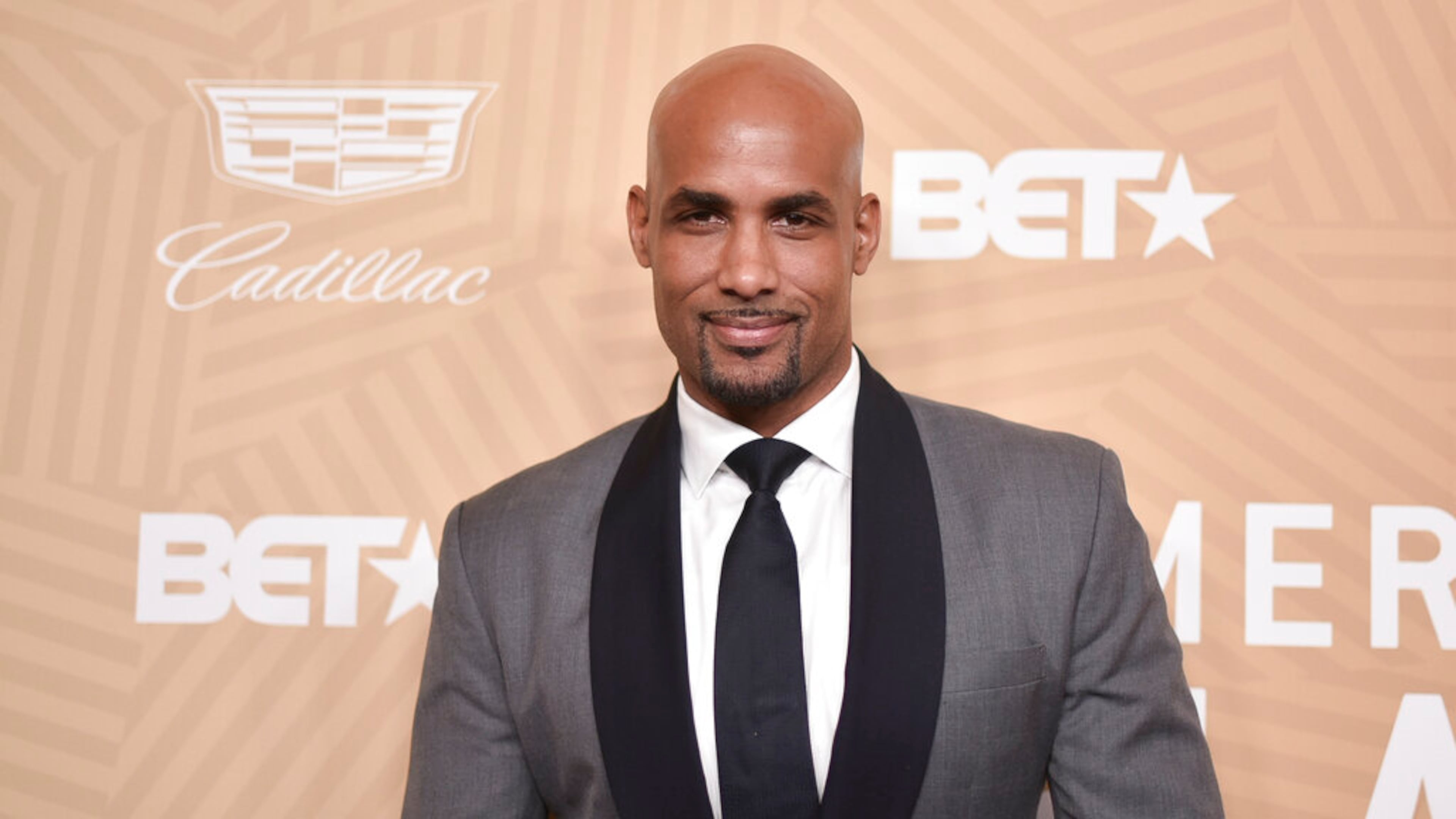Boris Kodjoe backs Prostate Cancer Foundation’s annual campaign

Discussing bathroom habits is usually TMI, but a new campaign shows talking about it can be helpful.
Actor Boris Kodjoe is teaming with Depend for the brand’s second-annual Stand Strong for Men’s Health campaign. It benefits the Prostate Cancer Foundation during Prostate Cancer Awareness Month.
“In 2020, Depend introduced the Stand Strong for Men’s Health initiative with two goals: driving awareness around the link between prostate cancer and incontinence, and helping consumers take action through their purchase,” Drew Phillips, Senior Director for the North American Depend Brand said in a press release. “We look forward to expanding those efforts this year through our partnership with actor and health advocate Boris Kodjoe and an increased donation goal of $350,000 to the Prostate Cancer Foundation.”
Prostate Cancer is the most common cancer in American men other than skin cancer, according to the American Cancer Society. It’s estimated that 248,530 new cases of prostate cancer will occur in the U.S. this year. The disease is estimated to cause 34,130 deaths. It’s more common for non-Hispanic Black men to develop prostate cancer. Men 65 and older make up 6 in 10 cases. On average, men are 66 when diagnosed.
Kodjoe, who called Atlanta home for several years, has a personal connection to prostate cancer.
“This initiative is deeply personal to me because my close friend and mentor experienced prostate cancer,” he said in a video. “And as a result of certain treatments, some men will experience incontinence. Sadly, this situation is something many of us face — especially in Black families, which are disproportionately affected by this disease.”
Incontinence from prostate cancer treatment can occur when the prostate is removed through surgery or destroyed via radiation, WebMD reported. This can disrupt how the bladder holds urine, resulting in leakage. Radiation can lower bladder capacity and cause spasms that force out urine.
“As men, many of us don’t like to talk about personal issues like our health because we don’t want to be seen as weak or vulnerable,” Kodjoe said. “But the statistics show why we need these conversations. Data from PCF suggests that Black men are 75% more likely to be diagnosed with prostate cancer and more than twice as likely to die of the disease. I’m excited to stand up with Depend to fight the stigma.”
To get specialized news and articles about aging in place, health information and more, sign up for our Aging in Atlanta newsletter.


